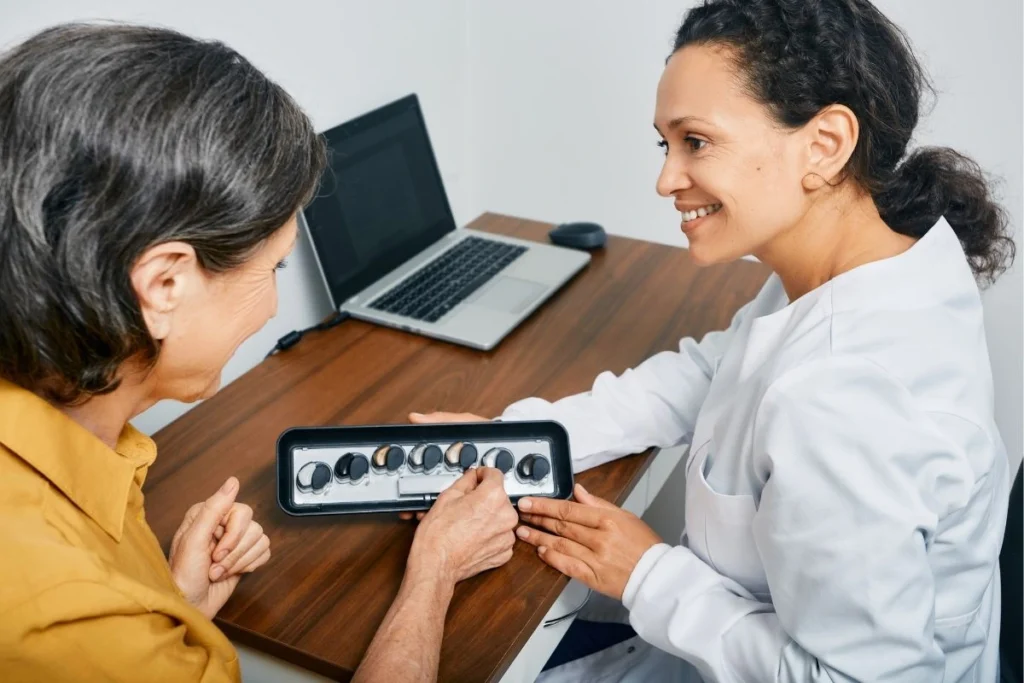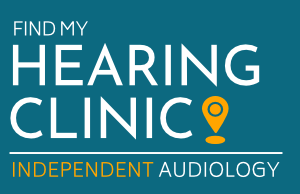Why Treating Hearing Loss Early Leads to Better Long-Term Outcomes

Why Treating Hearing Loss Early Leads to Better Long-Term Outcomes
Hearing loss is more common than many realise, especially as we grow older. Despite its prevalence, it’s often left untreated for years and many delay seeking help until symptoms become unbearable. At Find My Hearing Clinic, the independent hearing care professionals regularly witness the toll these delays can take, not just on hearing, but on brain health, mental wellbeing, relationships and overall quality of life.
The good news? Early intervention and expert care can make a real difference. Acting early offers benefits both for immediate quality of life and long-term health. Let’s explore why it’s so important to take hearing loss seriously from the start.
The Silent Onset of Hearing Loss
Hearing loss typically develops gradually, and because it is not painful or visible, it can be easy to ignore. You might find yourself turning the TV volume higher, asking people to repeat themselves, or struggling to follow conversations in noisy environments. These small changes are often brushed off as “just a normal part of getting older”, or something that can be dealt with later.
In many cases, people may not even realise how much hearing they’ve lost until a friend or family member point it out. By the time hearing loss is acknowledged, communication can already be significantly affected, and the brain may have begun adjusting to a quieter world in ways that are not ideal.
The Impact of Untreated Hearing Loss
Leaving hearing loss unaddressed doesn’t just affect your ability to hear. It can have wide-reaching effects on physical, emotional, and cognitive health. Studies have shown that untreated hearing loss is associated with an increased risk of cognitive decline and dementia. This is partly because the brain isn’t being stimulated in the same way when it isn’t receiving clear auditory signals.
Socially, untreated hearing loss can lead to isolation. Struggling to follow conversations, especially in group settings, can cause people to withdraw and avoid social activities. As a result, this isolation increases the risk of depression and anxiety.
There are also practical everyday challenges: mishearing important information, struggling at work, or experiencing tension in relationships due to repeated miscommunication. These challenges can accumulate over time, eroding confidence and independence.
The Benefits of Early Intervention
The earlier hearing loss is addressed, the better the outcome. Using hearing aids or other assistive devices when hearing loss is still mild or moderate can make it easier to stay engaged with life.
Here are a few key benefits of early treatment:
- Improved communication: Hearing aids make conversations easier to follow, which helps maintain strong relationships and active social lives.
- Cognitive protection: By keeping the brain stimulated through sound, early hearing aid use can help reduce the risk of cognitive decline.
- Better mental health: Staying connected socially is a key factor in preventing depression and anxiety.
- Slower progression: Early treatment may help slow the functional impact of hearing loss over time by preventing the brain from “forgetting” how to process sound.
- Other interventions: Early identification of whether any medical or other interventions, such as wax removal or use of hearing protection, may be beneficial is essential for long-term ear and hearing health.
Better Long-Term Outcomes with Early Use of Hearing Aids
People who begin using hearing aids soon after their hearing loss is diagnosed consistently report better outcomes. They’re more likely to wear their devices regularly, adapt with greater ease, and experience higher levels of satisfaction with their hearing improvement.
One reason for this is that the brain adjusts more smoothly when hearing aids are introduced gradually, as opposed to waiting until hearing loss is severe. Early users are also less likely to have developed poor coping habits, like lip-reading or withdrawing from conversation – habits that can be hard to undo.
How to Take Action Early
If you’re over 60, or if you’ve noticed changes in your hearing at any age, it’s a good idea to have a hearing check. Hearing tests are painless and simple. Independent hearing clinics will assess your hearing and provide a range of treatment options so you can make an informed decision about your hearing health.
If hearing loss is detected, it doesn’t mean you need to buy hearing aids immediately. You can discuss your options with your hearing care professional and choose what’s right for you. If you’re not ready for hearing aids yet, your hearing care professional will likely suggest monitoring your hearing to see how it changes and how it impacts your ability to communicate. When you are ready for hearing aids, they will go over all the available options to help you decide. There are various hearing aid styles and technologies to suit different needs and budgets, and visiting an independent hearing clinic means you’ll receive advice tailored to your individual requirements.
Most importantly, the earlier you act, the more options you have and the better your long-term outcomes are likely to be.
Treating hearing loss early is one of the best things you can do to protect your brain, maintain your independence, and stay connected to the people and activities you love. Whether you’re noticing signs yourself or supporting a loved one, taking the first step can make a world of difference.
Hearing loss doesn’t have to limit your lifestyle. With early intervention, you can continue living life fully and confidently. If you’ve noticed that your hearing isn’t as good as it used to be, don’t wait – book a hearing check today and take the first step towards better hearing and improved health. With the network of independent hearing clinics at Find My Hearing Clinic, we’re here to support you every step of the way, providing local care that’s personal, professional, and tailored to your individual needs.
If you are ready to seek help early for your hearing loss, we recommend you contact your local independent hearing care professional and book an appointment at your local independent hearing clinic. You can find your local clinic through the Find My Hearing Clinic – Clinic Locator
